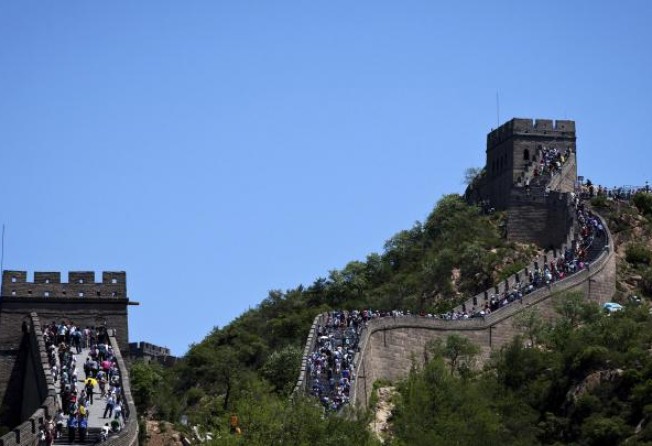Sad awakening as one man sees communists everywhere
Question about Financial Services Development Council reveals deep generational divide over engagement between Hong Kong and China

I had a chat with a young editor recently. It was a sad awakening. The chat started with a question about the overwhelmingly hostile media coverage on the establishment of the Financial Services Development Council last month.
The council has been called the "invaded" zone or a "princelings' club". Council members have had their doorbells rung on Sunday mornings by inquisitive journalists. Why has a "financial" issue become a political fiasco?
George, a very intelligent and passionate editor working for a major newspaper in town, had a quick response.
He said: "They are communists."
What communists? "It's no secret that one has to be a member of the Chinese Communist Party to head a state-owned enterprise. The five (appointed to the council) must be communists, right?" he said.
I didn't have an answer. One, party affiliation is never the question in my mind when reading an appointment list. I never ask if an appointee from Goldman Sachs or Morgan Stanley is a Republican or Democrat. Neither will I ask if one is a communist. Their expertise is my only concern.
Two, I have spoken to hundreds of mainlanders - managers and bureaucrats - throughout my career. With little exception, they speak for their personal and business interests.
Three, it is true that only party members will be allowed to be the chief executive or chairman of a state-owned enterprise. Yet, I doubt if all the five mainlanders, including three who are heads of overseas subsidiaries, are party members.
Seeing that I didn't quite get it, George said: "To allow them in the council is to bring in the communists to our government. That's an outright infringement of the 'one country, two systems' principle. We cannot possibly tolerate that."
I was speechless. Between me and the thirty-something is not a generation gap but a fundamental difference in our perception of what China and Hong Kong is.
As a financial journalist, I see corruption but also reforms up north every day. I see a new window for the city. As a journalist on political and general news, he sees only corruption and tightening. To him, the city's future is dim.
I spent my first salary cheque visiting Beijing and made sure my little one walked the Great Wall. George has probably been warned against visiting the country because of the poisonous food and killings talked about by his parents.
Some of my most insightful chats are with my Putonghua-speaking friends and classmates. I am sure he reads lots of intelligent pieces by mainland authors. Yet, rude mainland tourists and jargon-speaking mainland bureaucrats make a deeper mark. He is among the generation that sees nothing else but threat from the Hong Kong-China engagement.
I could have told him that Hong Kong doesn't stand a chance without China's economic liberalisations; and a joint effort to prepare the city for that has long been delayed.
I could have told him that the mainlanders account for only five of 20 non-official members; and that we have to learn to make good use of the connections and knowledge of mainlanders no matter how little trust we have in them.
I could have told him that the council's British peer launched an initiative in London last April to become a centre for yuan trade. It has set up offices in Shanghai and Beijing, built a simplified Chinese version of its website and compiled a yuan business resource pack with case studies for different industries.
I could have told him that the City of London has established an Advisory Council for China to guide it in the engagement with China. Eight of its nine members are mainlanders.
Among them are senior officials of the country's sovereign fund the China Investment Corp, major investment bank China International Capital Corp, the Shanghai Stock Exchange and China Merchants Bank. There is no doubt, they are all party members.
Yet, it is not going to make a difference.
This is a guy who has endured long working hours and low pay because he believes that he is crusading for the interests of Hong Kong. And he is not alone in the media.
Beijing has referred to political chaos as a result of meddling by foreign interests. The remarks by this young editor tell me this "us versus them" mentality is something very internal.
That's very worrying.